In the interview, Miklos Szantho, Director General of the Center for Fundamental Rights, explained among other things why they considered it important to present Gerald Grosz's top-selling book.
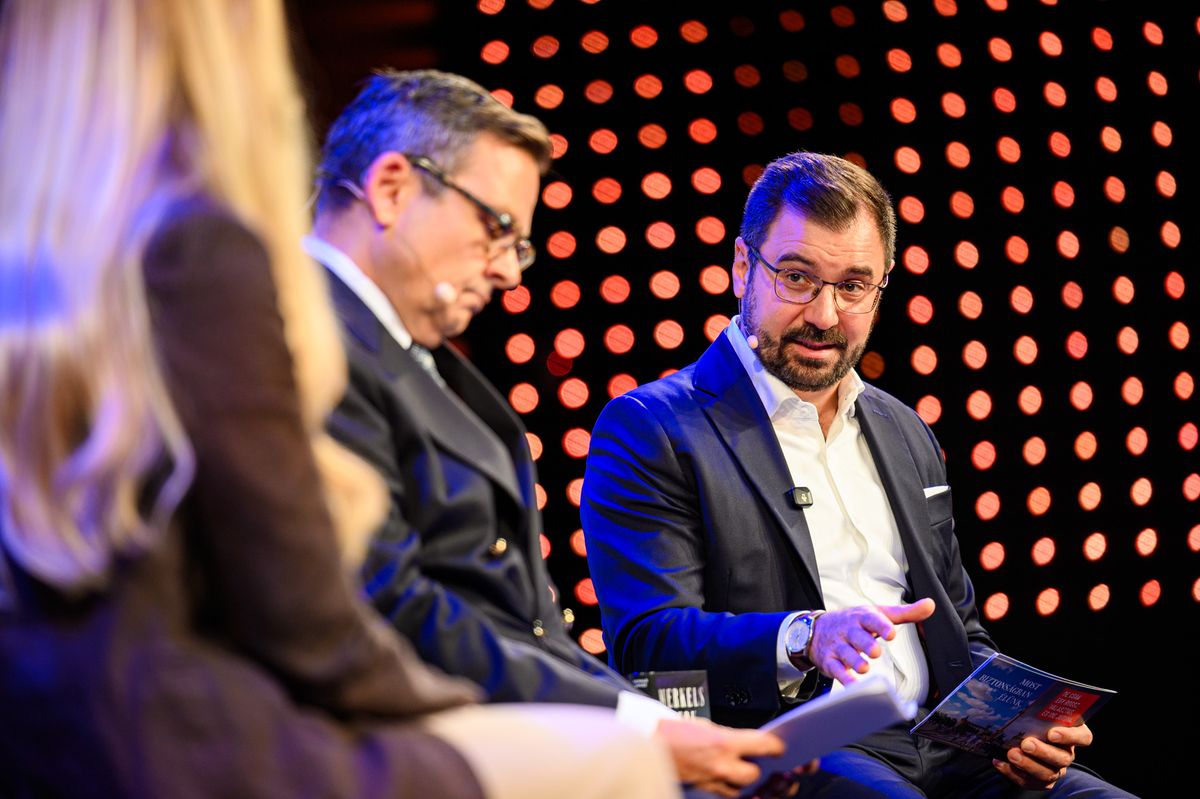
"Ten years ago, hordes of migrants stormed Hungary’s border at Roszke. They flooded the country and even Budapest. For a short time, we saw what a miniature caliphate could look like. That’s when we decided to protect Hungary with a physical and legal border closure. And we continue to refuse to become an immigration country. That is why we invited Gerald Grosz, a leading expert on migration, and Eva Vlaardingerbroek, a Dutch influencer who is also an expert on the subject. It is important to talk about how Western Europe made the wrong choice ten years ago and is still paying the price for it. We especially need to talk about this now because Peter Magyar and the Tisza Party would follow the same Brussels instructions on migration that have failed in other countries. That is why they are launching baseless and vile smear campaigns — to shake public confidence, sow chaos, and gain political advantage. But we will not let that happen," Szantho said.
The Director General of the Center for Fundamental Rights highlighted the social changes brought about by migration, warning that the problem persists and continues to cause severe difficulties across Western Europe. "The 2015 migration crisis merely brought to the surface the serious social trends that had been unfolding in Europe since the 1950s and ’60s, when immigration from other continents first began," he said. "These issues have never gone away but got pushed into the background by new crises. The issue of migration was first overshadowed by climate panic, then by the Covid pandemic, and later by the turmoil of the war in Ukraine, but the phenomenon itself has not disappeared."
On the contrary. The last ten years — marked by terrorist attacks, the collapse of public safety in Western Europe, the rise of no-go zones, growing numbers of migration-linked sexual crimes, and ever more severe anti-Semitic and anti-Christian incidents — show that the problem has become deeply embedded in Western Europe’s everyday life.
Western Europe Is Lost
Asked whether the migration crisis in Western Europe can be reversed, Miklos Szantho said: "In my view, this process is no longer reversible. They made one bad decision, and Western Europe is finished."
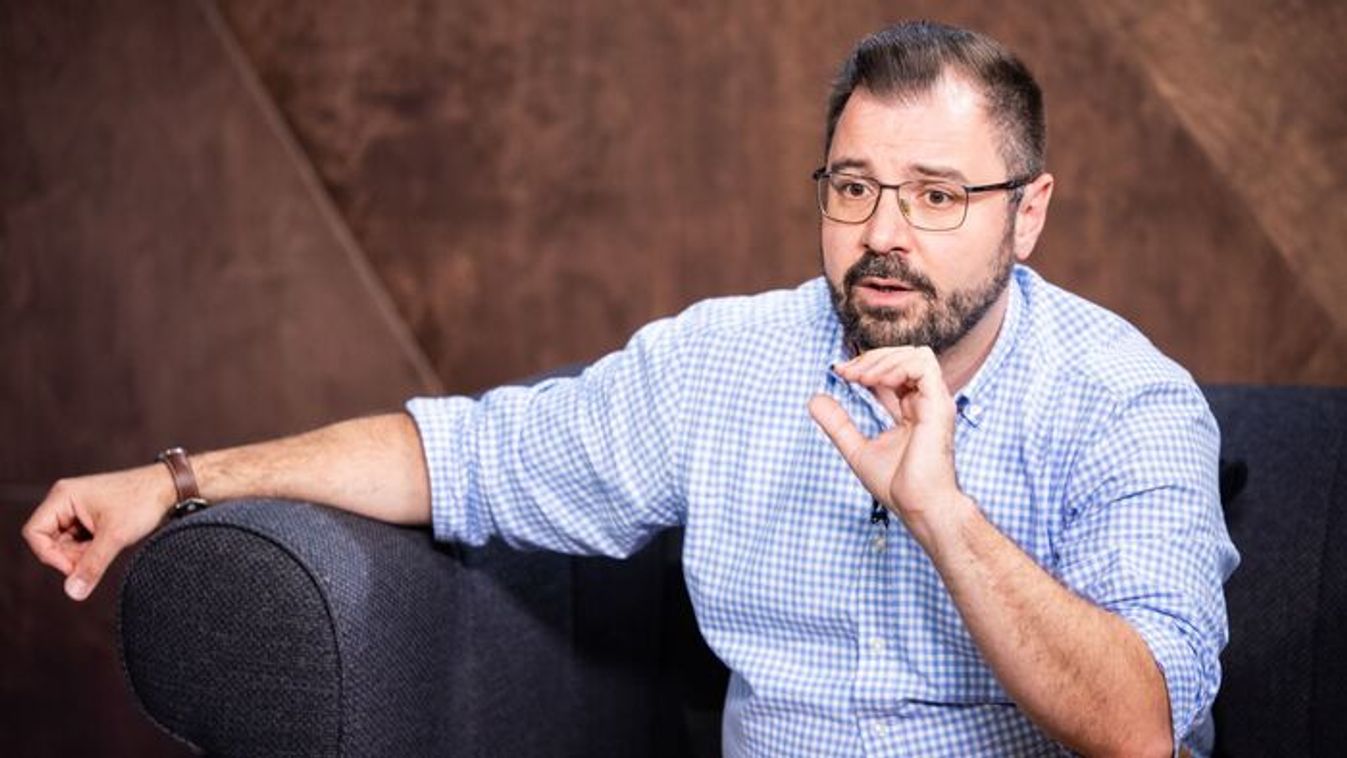
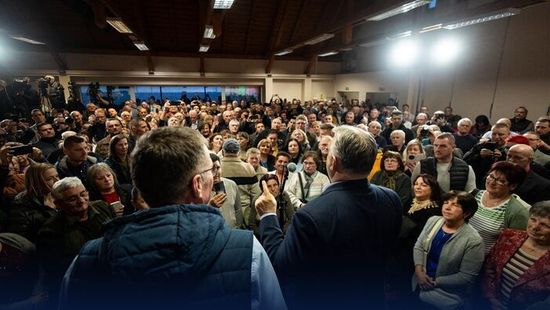
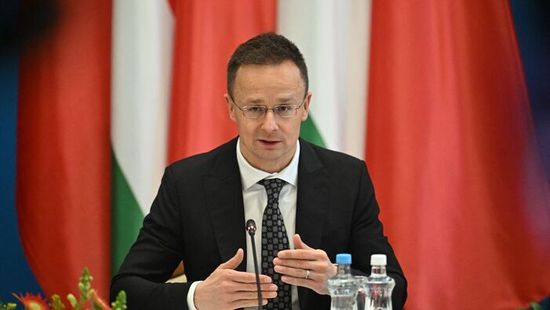
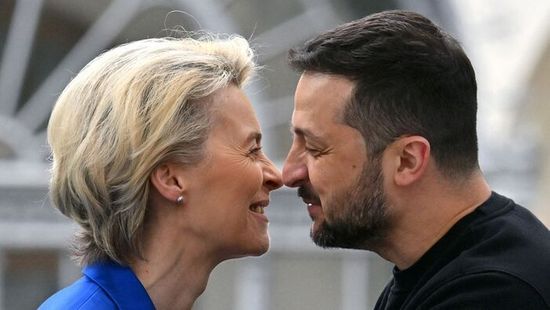
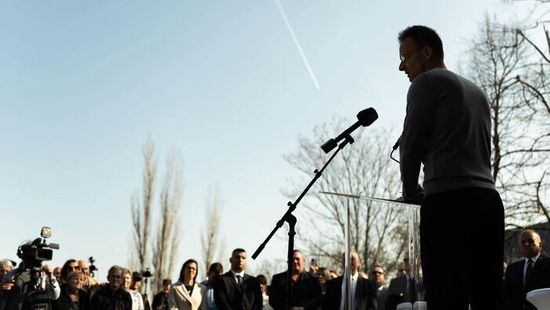


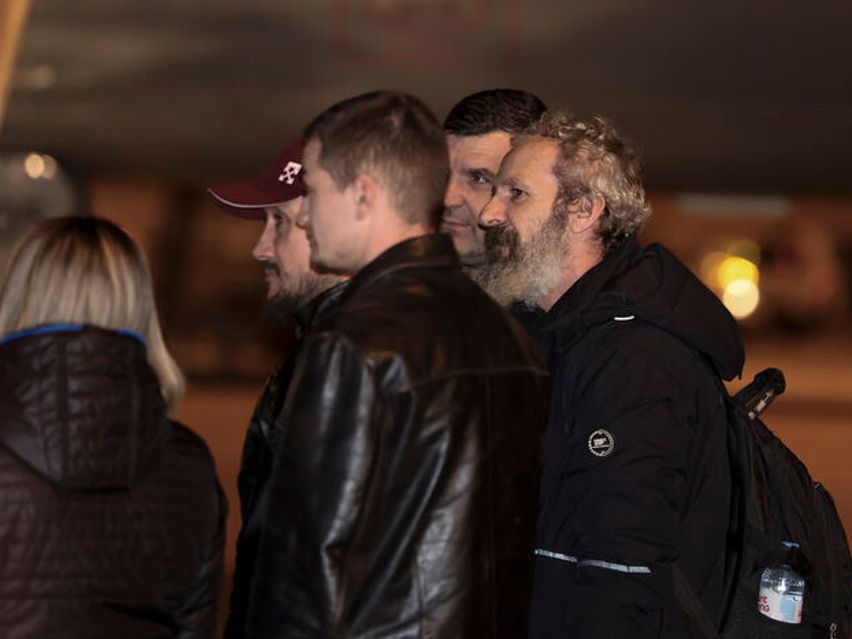

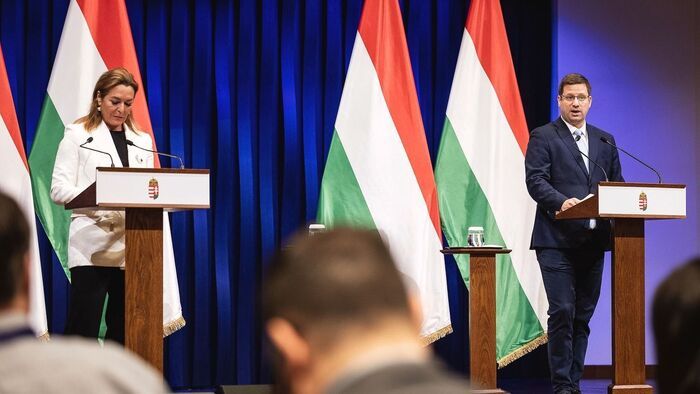

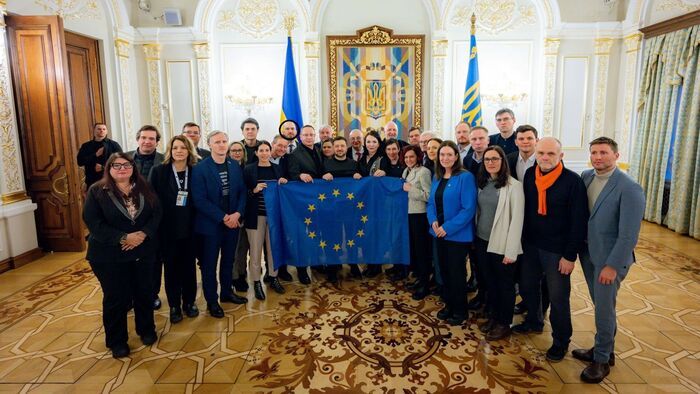
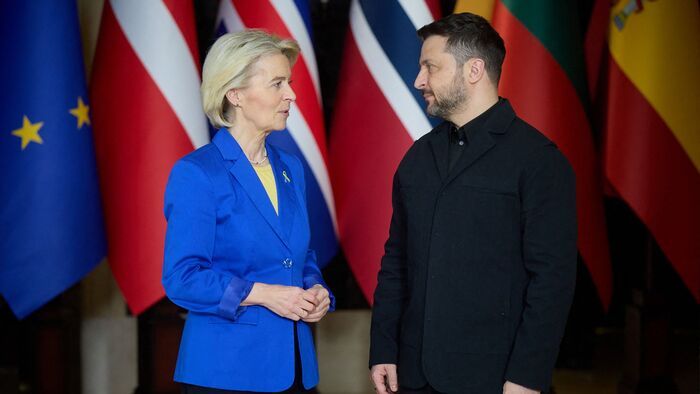
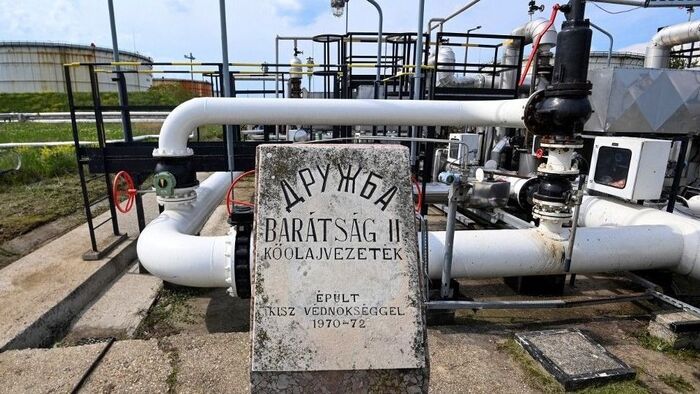
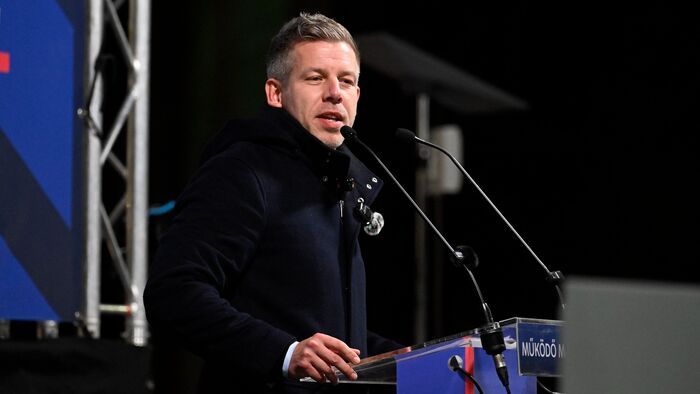
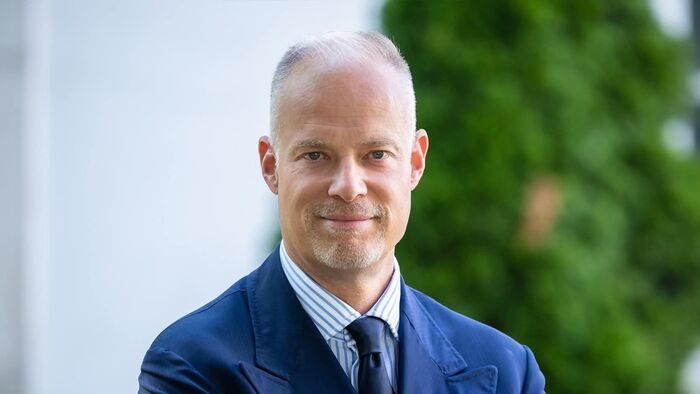
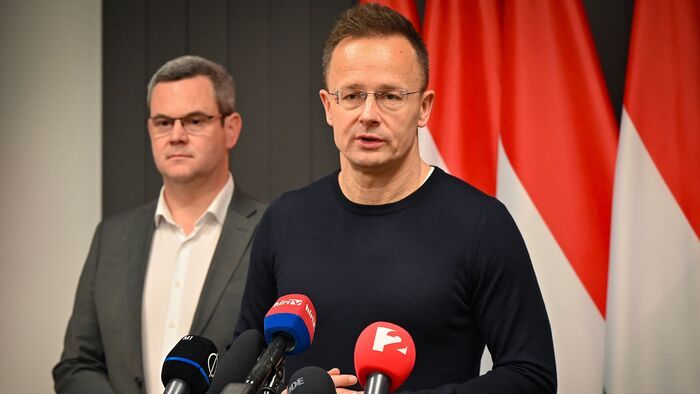
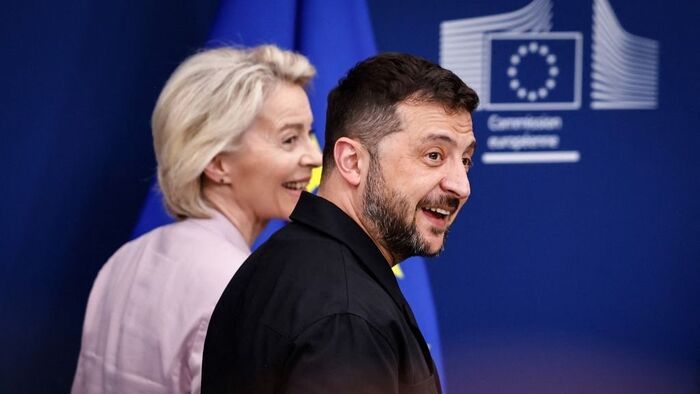

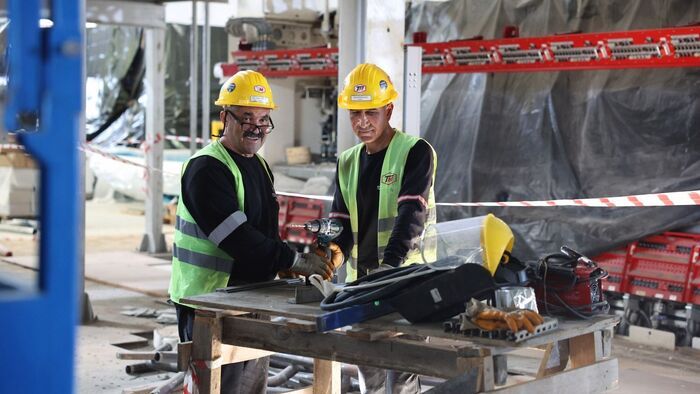


Szóljon hozzá!
Jelenleg csak a hozzászólások egy kis részét látja. Hozzászóláshoz és a további kommentek megtekintéséhez lépjen be, vagy regisztráljon!